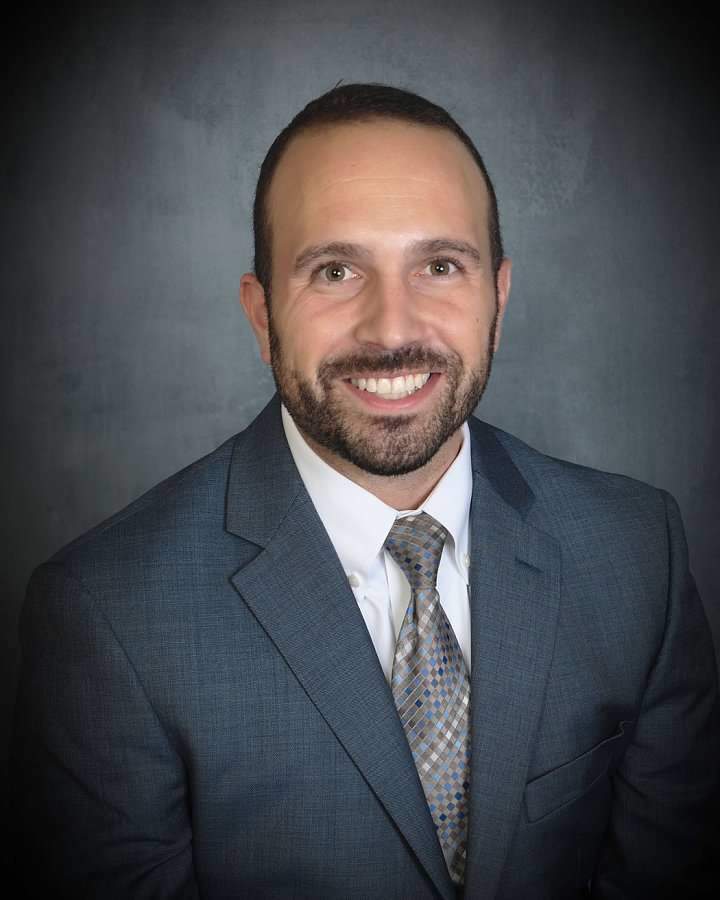Bankruptcy Lawyer in Tampa, FL
Bankruptcies can be complicating. Facing a proceeding alone can be incredibly challenging. Chances are you will want to resolve the process as quickly as possible. Understanding your debts and how they will be managed during your bankruptcy may vary. Although secured and unsecured debts are fairly the same regardless of the bankruptcy chapter you file for, they are always treated differently based on the filing type. It’s important to speak with an attorney, like a bankruptcy lawyer in Tampa, FL, when determining the type of bankruptcy you should file and how your debts will be managed during proceedings.
Types of Bankruptcies
Determining the chapter you should file may be a challenge without the assistance of an attorney. There are primarily two types of bankruptcies a debtor has the ability to choose from. Each type of bankruptcy can offer different advantages based on your situation, which is a primary reason it’s so important to speak with an attorney when determining which option may be best for you.
Chapter 7: is also known as a complete liquidation. This means that much of your debts will be discharged at the end of the process. A trustee will oversee the process to ensure that exempt assets are liquidated and as much of your debts are resolved as possible. Generally Chapter 7 bankruptcies can be fairly quick, often resolving within 120 days. There are specific eligibility requirements in order to obtain approval for Chapter 7. For those who do not qualify for Chapter 7; Chapter 13 may be the more viable option.
Chapter 13: is also known as a wage earners bankruptcy or reorganization. In Chapter 13, the debtor pays back the majority of their debts. Often Chapter 13 is for someone who makes too much money to qualify for Chapter 7 and is looking to retain their property or assets. Chapter 13 requires that the debtor put together a repayment plan to present to the bankruptcy courts. The repayment plan should outline how your debts will be repaid. In most cases, a Chapter 13 bankruptcy lasts 3-5 years time before the process is ultimately resolved.
Secured Debts
Secured debts have the ability to be taken back by the creditor should you be unable to make payments. Secured loans are often for a larger loan amount and may come with a lower interest rate. Examples of secured debts can include:
- Car Loans
- Mortgages
Unsecured Debts
If you are unable to pay your unsecured debts, in most cases, they are unable to stake a claim on your property or other assets without first taking you through a court process. Examples of unsecured debts include:
- Credit Cards
- Student Loans
- Medical Expenses
- Phone Companies
- Utilities
- Rent
It’s important to note that some of these debts are not able to be discharged in a bankruptcy proceeding. These are also known as priority debts and can include child support, alimony, some student loans. In some cases, during bankruptcy proceedings, these debts will be paid first when assets are liquidated.
Bankruptcy can be a complicated and challenging process. Determining secured and unsecured debts involved in your case, in addition to bankruptcy proceedings you stand to face can best be managed with a bankruptcy attorney by your side. Take the time to carefully find an attorney who has experience in managing bankruptcy proceedings.
For more information, call the Law Office of Michael A. Ziegler, P.L. for more insight into bankruptcy.






